Want to save with Paschal? Don’t miss our current offers and specials

Want to save with Paschal? Don’t miss our current offers and specials
Return to Paschal Resource & Education Hub
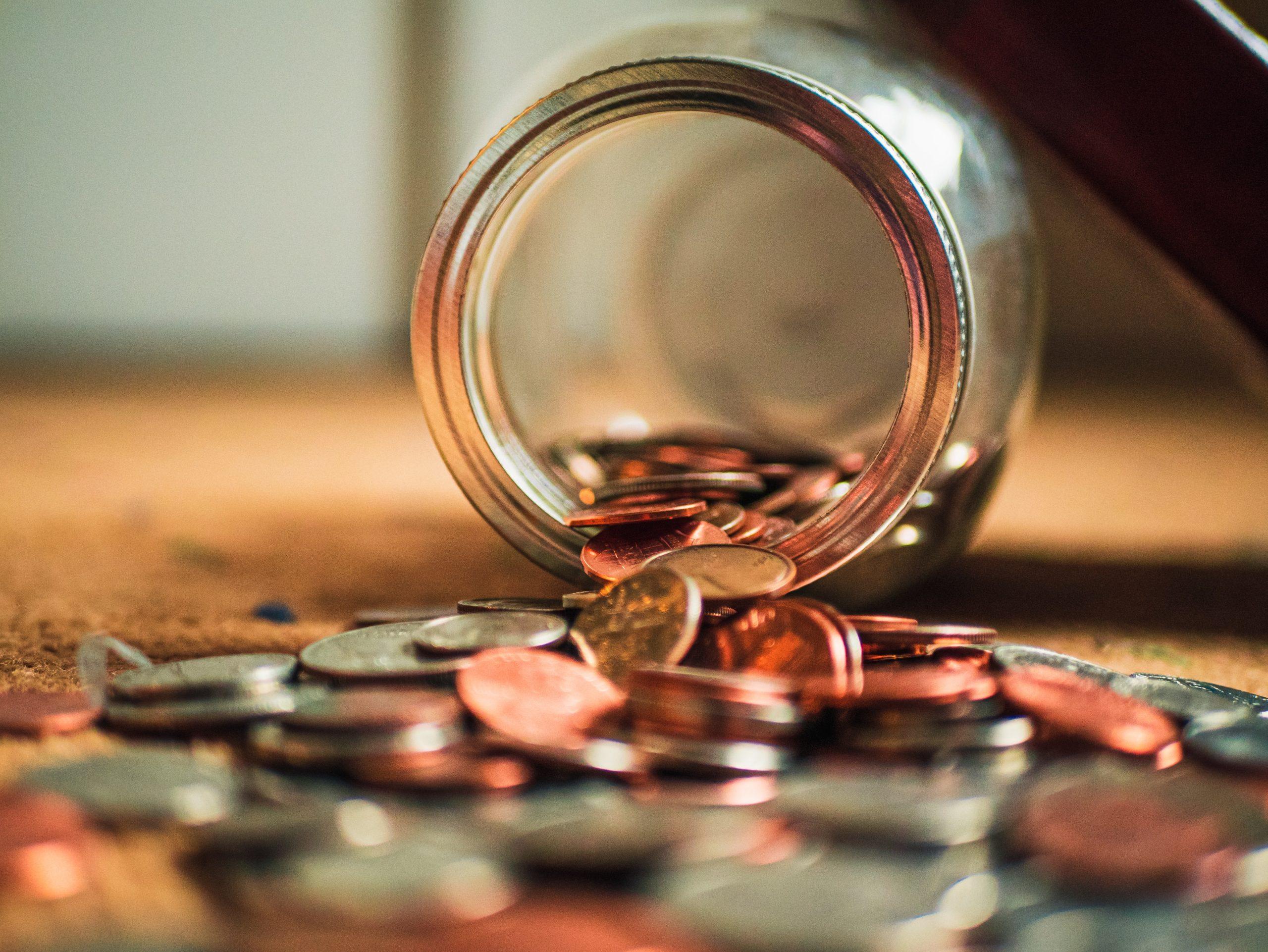
It’s easy to turn the thermostat down on really hot summer days. It’s all good until you see your electric bill and the sticker shock of keeping cozy-cool sets in. There are a few strategies you can use to help take the pressure off your pocketbook.
Even with your AC set at a reasonable temperature, if your system isn’t maintained and running smoothly it will have to work harder to cool your home. Therefore, the longer it runs the more it will cost you on your electric bill. Regular maintenance is easy to schedule in advance and will keep your system running at its maximum efficiency.
One of the biggest culprits of a poor-running system is a dirty AC filter. A clogged filter will cost you 5-15 percent more on electricity. Dirty filters block airflow, making your HVAC unit work harder to push cool air through your home. Changing your filter monthly will keep your AC in prime condition for much longer and extend the life of the unit.
If you have an aging system, it’s best to do a planned replacement. This way you are in control of your HVAC unit, instead of waiting for it to break down during a heat wave. A new HVAC system will run more efficiently, saving you money on your electricity bill.
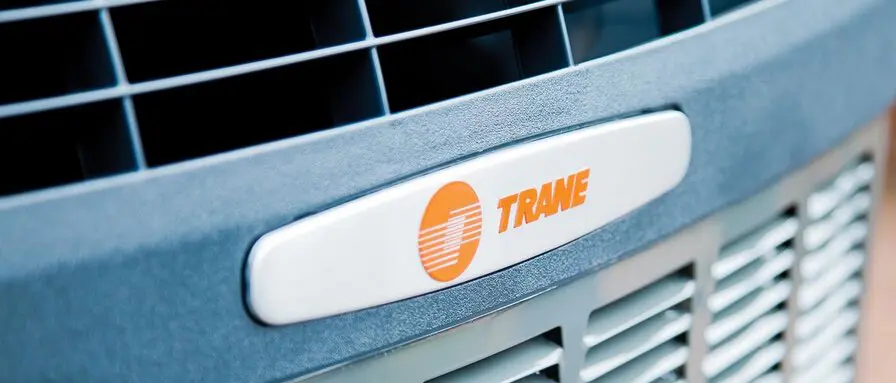
Let’s be honest, very few people will completely replace their AC with fans. But if your AC is running well, it can be a good idea to supplement your AC with ceiling fans. In fact, your ceiling fan can lower the feel of a room’s temperature by an average of four degrees through the wind chill effect. They use a lot less electricity than HVAC systems and will cut down on the time your AC has to run to keep you comfortable.
To maximize the cooling effects of your ceiling fan make sure the blades are spinning in the right direction. There’s a switch on your fan to toggle between clockwise and counterclockwise. For summer, you’ll want your fan to rotate counterclockwise. This pushes cooler air down and warm air up.
In the winter, the opposite is true. Make sure your ceiling fan blades are switched to rotate clockwise. This will pull cool air up and away from your body when you’re trying to stay warm.
Paschal or a trusted HVAC company in your area will be able to install a programmable thermostat. This smart technology allows you to schedule times when you’re not home or when you are sleeping and the AC can be turned up or down to save on electricity. Many smart thermostats, like the Ecobee, can save you up to 20% on your utility bill.
We’re all busy and constantly distracted with life. A programmable thermostat will take the work out of remembering when to adjust your thermostat. Many smart thermostats are connected to an app. That way you can turn down the AC when you’re on the way home, so you don’t have to walk into a hot house.
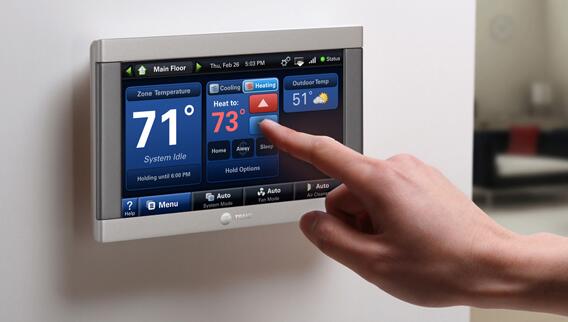
This one might sound a little crazy, but unplugging devices you’re not using will save you on your electric bills. Many people don’t realize that even though your TVs, small appliances, chargers or power strips are plugged in and not being used, they are still drawing power.
The biggest electricity hog in your home is typically the water heater. In fact, energy experts say 18% of the energy used in your home annually is a direct result of water heating. You can instantly save money on utilities by turning down the temperature on your water heater, and you could save as much as $66 annually by doing laundry in cold water, according to ENERGY STAR. Turning down the temperature 10 degrees Fahrenheit on your hot water heater saves 3 to 5 percent on energy costs, so a drop from 140 F to 120 F saves you 6 to 10 percent. “Set too high, or at 140ºF, your water heater can waste anywhere from $36 to $61 annually in standby heat losses and more than $400 in demand losses,” the DOE says. Standby heat is heat loss from the water heater to a surrounding area like a cool basement. Annual energy costs for a hot water heater vary from $100 to $200, so this simple change could save you anywhere from $6 to $20 per year.
Ideally, you could also switch to a tankless water heater which only heats water on demand, instead of needing to continuously keep a 40+ gallon tank hot at all times.
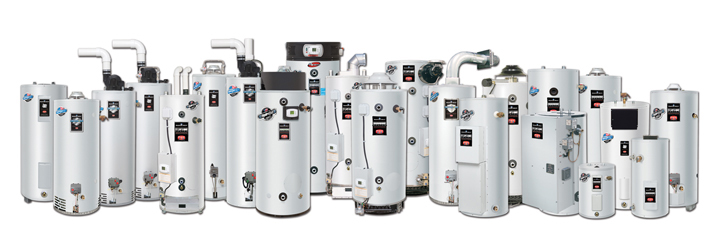
High-energy appliances, like washers, dryers and dishwashers, are a real electricity suck. Running these big appliances during off-peak hours, during the late night or early morning hours, will also save you money. Electric companies typically charge a premium during peak hours and charge less when demand is low.
Closing doors to unused rooms of your house and shutting the vents can help drive cool air to the more used portions of your home. It’s a win/win by maximizing your comfort in the rooms you are using all while saving cold cash on your bills.
We all love a good sunroom, but using black-out blinds or other window treatments during the hottest times of the day will help keep your home cooler and use less energy.
When fully pulled down and closed over a window with a lot of sun exposure, blinds can reduce heat gain by up to 45%. During summer days, you can close draperies on windows receiving direct sunlight to prevent heat gain as well. Drapes can reduce heat gain by 33%.
Don’t let an expensive utility bill ruin your summer. Follow these easy steps and start saving money and the environment!
LEDs are energy-efficient light bulbs that are smaller and more solid compared to traditional bulbs. They last longer than the average bulb and provide a different type of light compared to incandescent light bulbs. They have become the light of choice because of their size, energy savings and durability, beating out incandescent light bulbs in many areas.
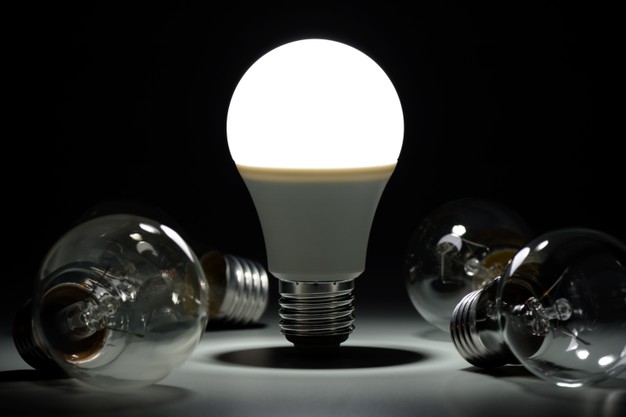
Paschal Air, Plumbing & Electric has pros available to help maximize the efficiency of your home. For free estimates on HVAC, hot water heaters and more, schedule online.